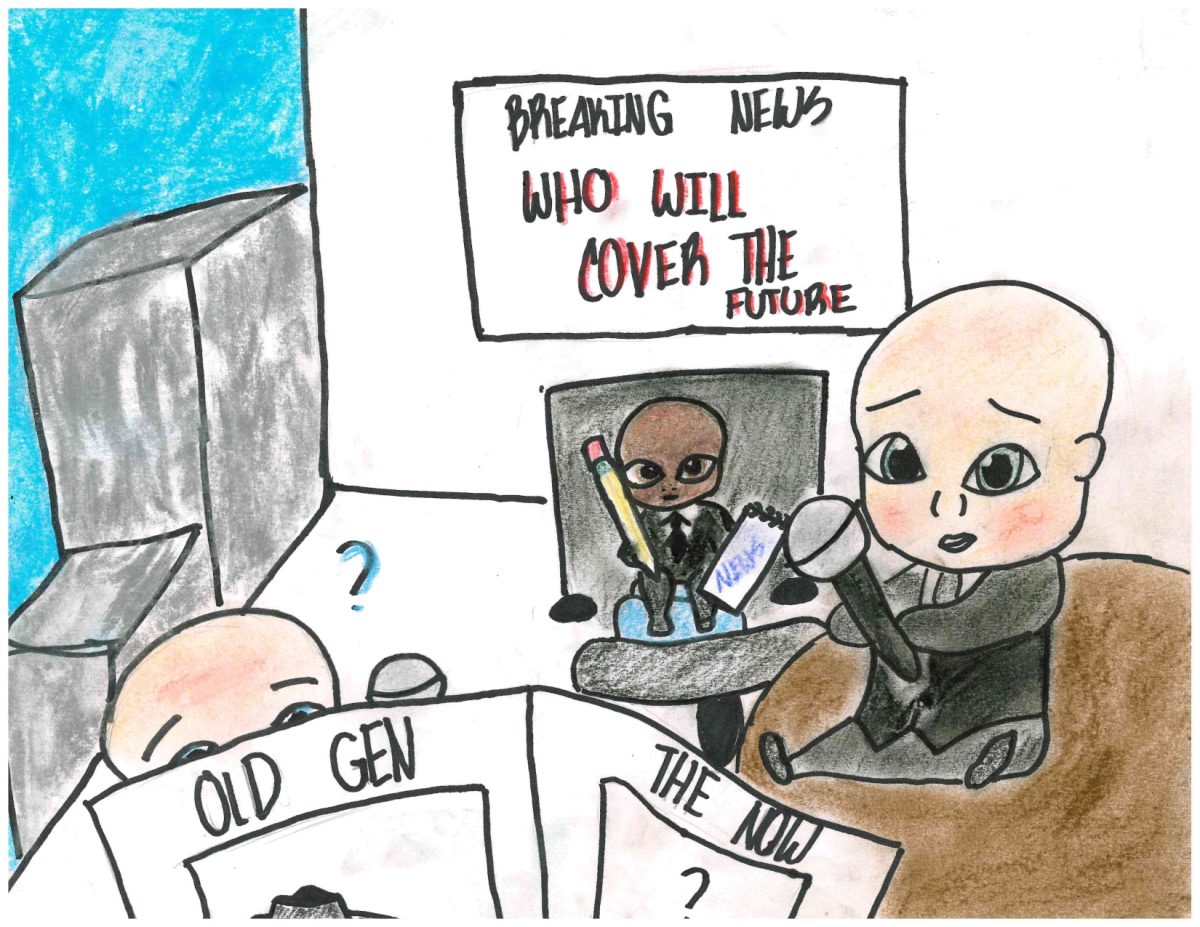Conspiracy theories have been around for as long as people have been able to question what is around them. They highlight the fears and questions that we have with things that do not quite make sense.
Conspiracy theories can be interesting, even fun to think about and ponder on, but truly believing in some of these theories can be not only foolish, but dangerous.
Now, not all conspiracy theories are dangerous to believe in.
Some are completely harmless.
Whether you believe that Elvis Presley is still alive, Bigfoot is real or that the Loch Ness Monster is real, it doesn’t affect anyone else, and doesn’t include any elements that could be considered dangerous.
However, not all conspiracy theories are so harmless. The problem with conspiracy theories are many, including the promotion of misinformation and paranoia, along with possibility of dangerous and violent behavior.
The past four years have been a perfect example of how conspiracy theories can negatively affect people and the media.
With the COVID-19 pandemic raging around the world, misinformation and conspiracies found a home on social media and the internet.
During this time some misguided people on social media and the internet spread the false claim that COVID-19 was a hoax.
Statistics were inflated and false cures and preventions (like injecting or drinking anti-infectants) were reported.
Not only are claims of false treatments and cures physically dangerous, but claims that sickness and death statistics were inflated, and that the pandemic was a hoax, are disgusting and inconsiderate to those that have been affected by the pandemic, or have lost loved ones.
COVID-19 is not the only example in recent memory that has garnered a large amount of misinformation and conspiracy theories.
Vaccine conspiracy theories have been rampant for years, and are just as, if not more damaging than the COVID-19 theories.
Vaccines help our country, and the world at large, not just one’s self.
Vaccines help the community build a resistance to a disease, in the hope that it will eventually become a non-factor.
The distribution of vaccines has been the target of several ridiculous conspiracy theories promoted by many people.
Some people say vaccines cause autism, some think it is a way for the government to control the population and some simply believe they don’t work.
These conspiracy theories are also both harmful and dangerous.
Vaccines are much less effective when a large portion of the population refuses to take them, and conspiracy theories and misinformation like this can convince people to not get vaccinated.
Even more damaging, the people convinced by this misinformation may decide not to vaccinate their children, continuing the cycle of unvaccinated families.
Conspiracy theories propagate misinformation
The danger posed by the belief in conspiracy theories is often overlooked. Harmful conspiracy theories can spread misinformation and cause paranoia.
0
More to Discover
About the Contributor

Jacob Godshall, Editor-In-Chief







